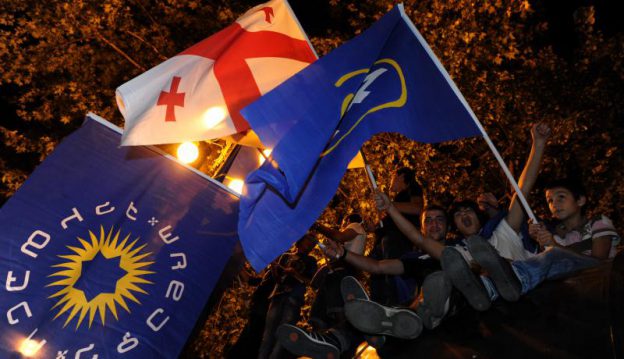Research Paper
S. Neil MacFarlane
- Since coming to power in late 2012, the Georgian Dream coalition has encountered an extremely challenging foreign and domestic policy environment – marked, in particular, by the difficulty of balancing relationships with the West and Russia respectively. In its first year, the government’s foreign policy was impaired by inexperience and lack of professionalism, as well as by confusion and dysfunctionality caused by the sharing of power with President Mikheil Saakashvili of the United National Movement.
- However, the new government learned from its mistakes and its foreign policy-making subsequently became more effective.
- Pragmatism and the depoliticization of economic issues have improved Georgia’s relations with Russia, but the process of normalization was truncated by disagreements on fundamental points arising from the 2008 war, and by Russia’s continuing unwillingness to accept Georgia’s right to choose freely its security arrangements.
- The relative success of Georgian Dream’s foreign policy so far has been largely a product of exogenous circumstances that encouraged the West and Russia to look more favourably on Georgia. The West’s disapproval of Georgian Dream’s justice agenda against former government officials did not prevent Georgia from signing an association agreement with the European Union and an enhanced programme of cooperation with NATO. Furthermore, the Georgian government achieved this without encountering significant interference from Russia.
- However, there appears to be little prospect for – and no clear government strategy towards – normalization of the relationship with Russia or membership of NATO and the EU.
- The evolving internal political situation may weaken the government’s capacity to monopolize foreign policy. The unity of the governing coalition is at risk. Opinion polls show increasing popular ambivalence towards Georgian Dream. Public support for Georgia’s Western orientation is strong but diminishing.
- Georgia is vulnerable to potential instability in its immediate region. Russia’s moderately benign policy towards it may change, as suggested by the signing of security treaties with Abkhazia and South Ossetia. There is no evidence that Western partners would meaningfully support Georgia in the face of direct Russian pressure.

